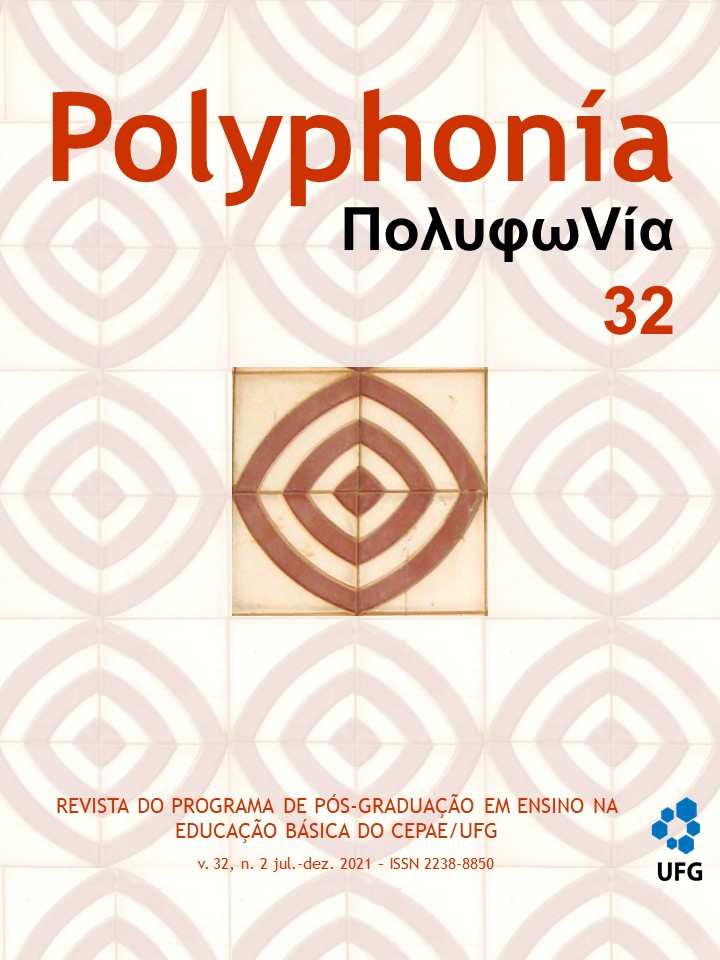“Não matou ninguém, mas deixou todo mundo meio torto”: trabalho, educação e infância desde a vitivinicultura de Videira, Santa Catarina, Brasil
DOI:
https://doi.org/10.5216/rp.v32i2.70891Abstract
This article focuses on the childhood of Italian descendants in the municipality of Videira, SC, in small rural properties that produce grapes and handmade wines. The objective is to reflect on the relationship between child labor in viticulture and education. A semi-structured interview was carried out with six elderly people between 58 and 102 years, whose childhoods were linked to the production of grapes and artisanal wines in the small properties of their families. In addition, documentary and bibliographic research was carried out at the Museu do Vinho Mário de Pellegrin. The data were analyzed based on the assumptions of dialectical materialism and historical cultural theory (MARX, 2017; THOMPSON, 1987; VYGOTSKY, 1991; 2004). The research reveals that children were inserted in different phases of the wine production process in small properties. The children worked with their families on long weekly hours. Child labor went beyond the vineyard and was present in domestic chores, in the care of animals and in the management of other crops on the property. Work activity was a priority and competed with school time, contributing significantly to school dropout. Playing time was also limited, making it an exception in the lives of those children.


